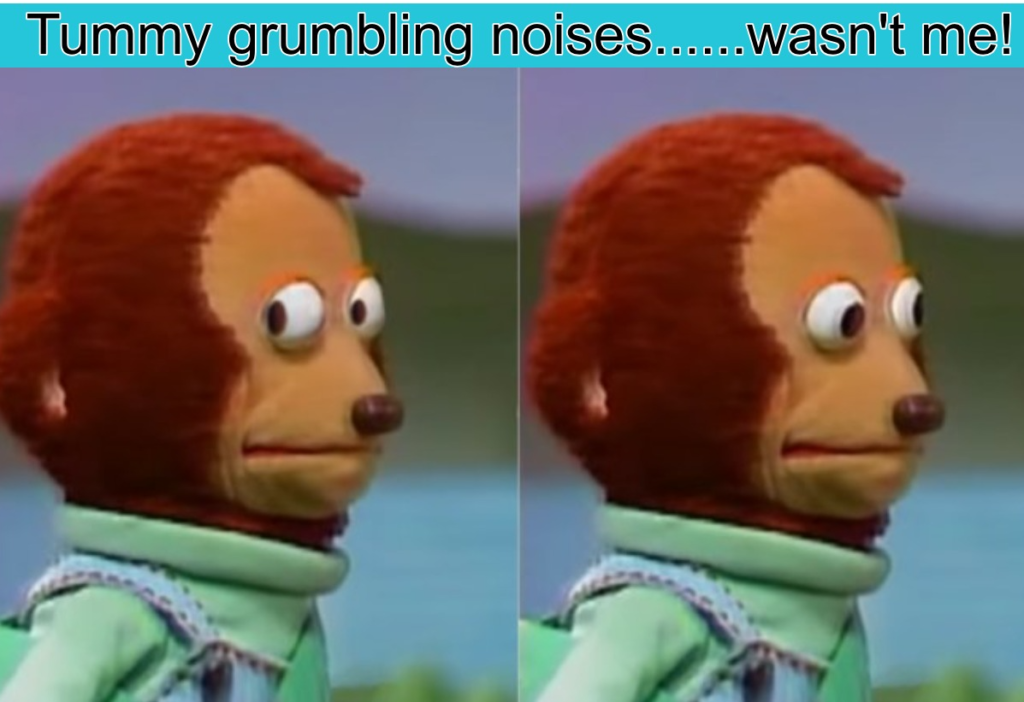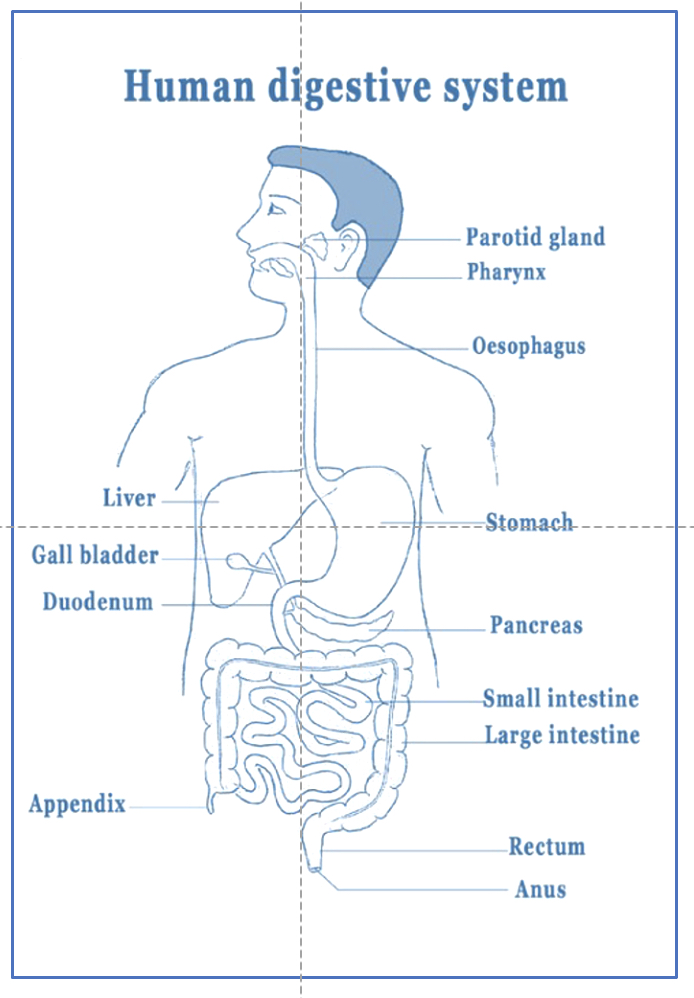What is tummy rumbling all about?

If you really want to impress your mates, next time someone’s stomach starts to rumble remind them its merely Borborygmus.
Try saying it a few times. This medical name mimics the sounds from your gut which always seems to happen at the most embarrassing moments.
So what’s going on?
Well let’s delve into the digestive tract, which includes the throat, stomach, small and large intestines, and rectum, and is one long, muscular pipe that’s about 29 feet (9 meters) long.
All the gurgling is caused by wavelike contractions of the intestinal walls propelling digested food, churning it with gas and liquid along the organs and tubes from where it went in to where it went out.
It takes two to four hours for the stomach to complete its tumbling and gnashing and pass along a typical lunch.
There’s no way to guarantee it’ll move along quietly, though there are ways to minimize the noise.

Skipping lunch is not much of a solution, however.
An empty, hungry stomach is even more likely to protest, if you haven’t eaten for a few hours, ghrelin, a hormone-like substance, is released and tells your brain you’re hungry. Your noggin then sends signals to the stomach and intestines to gear up for food, and the contractions begin which sound even louder as the hollow gut acts like an echo chamber.

To avoid a growling stomach chew, chew, chew say the experts. Keep off carbonated drinks, back off the gassy foods like beans and brussel sprouts and have a routine eating time. Of course if growling is associated with symptoms like pain, fever, vomiting, severe abdominal distension and bloating, excessive diarrhoea, bright red blood in the stools, dark, tarry stools, or light-coloured, chalky stools, contact a healthcare professional.
But if your stomach grumbles around lunchtime or after a big meal, take it as a good indicator that your plumbing is working fine, embarrassing as that might be.

